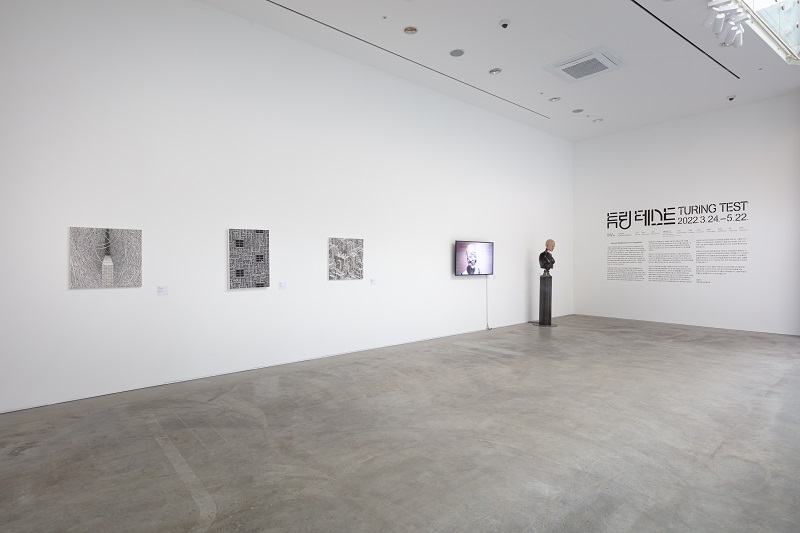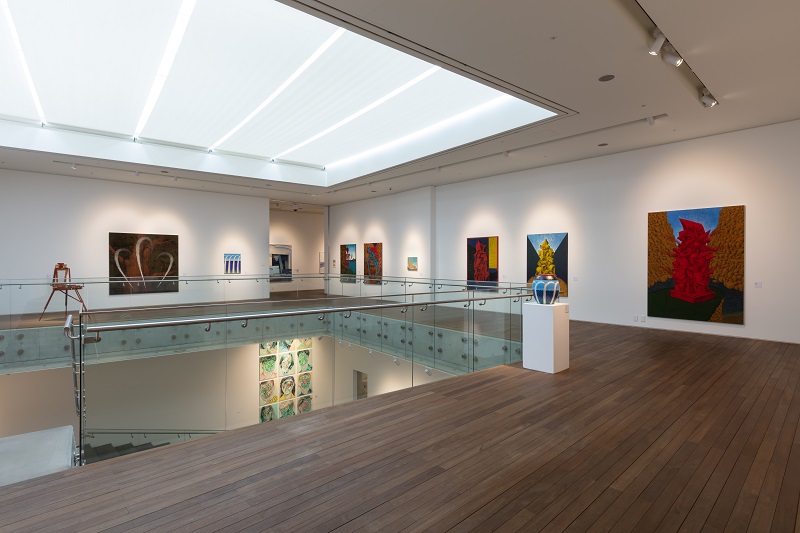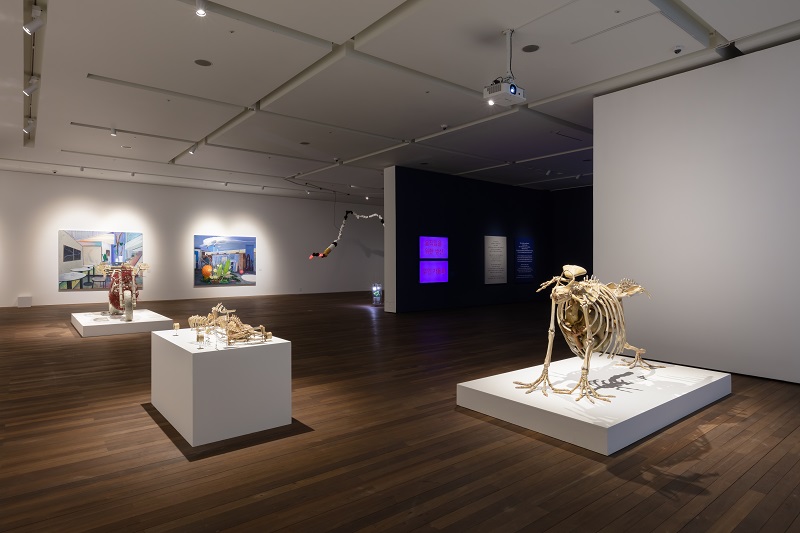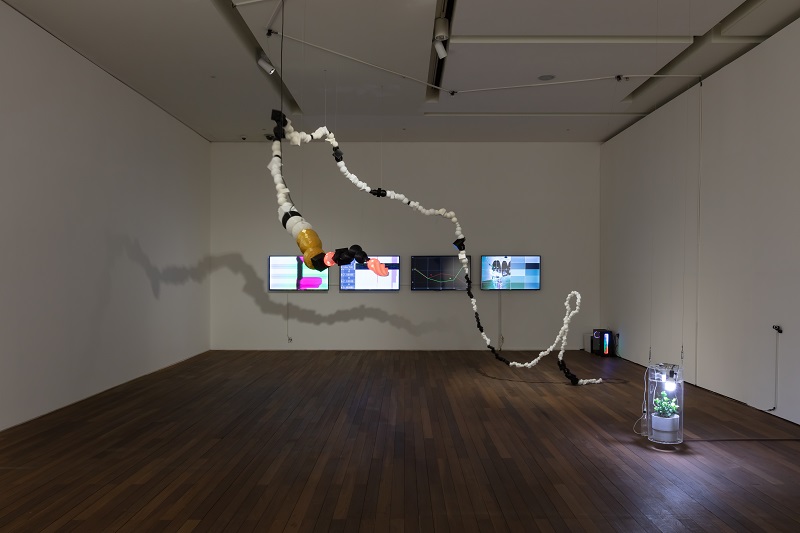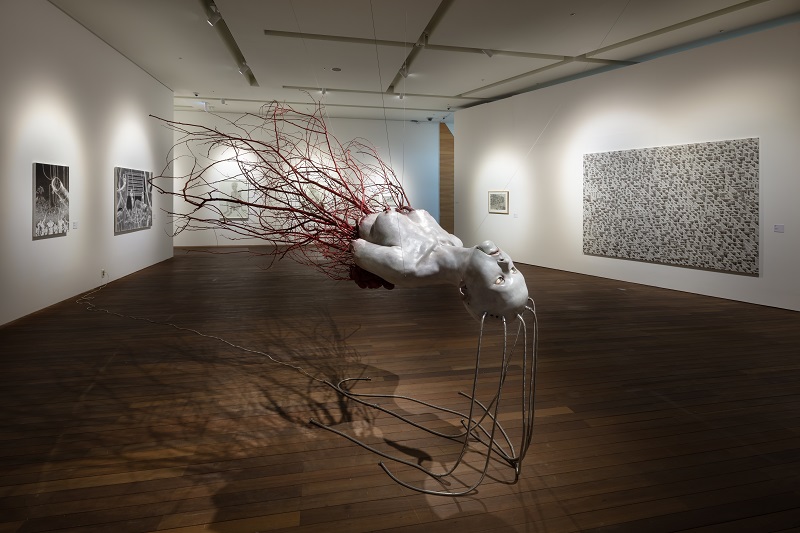Turing Test: an AI's Love Confession
On the Runway of Artificial Intelligence and the Digital Human
On Exactitude in Science, a short story written by Jorge Luis Borges, describes a guild of people obsessed with creating a perfect map in an imaginary ancient empire. As they work to create the best representation of their real world, the map becomes bigger and bigger. Its scale is enlarged from 1:1,000,000 to 1:100,000, then 1:10,000, until in the end, it is a map in which all places in the empire perfectly correspond to the map in a 1-to-1 ratio. However, as this map covers the reality to become another reality, people are no longer able to determine what is truly real. Ultimately, the perfect map is abandoned. It has turned out to be actually useless. “A perfect map is no longer a map.”
The cartographers in Borges’s short story are an appropriate analogy for digital humans, who seem to resemble humans more and more, and for today’s science and technology, which eagerly seek to create artificial intelligence resembling human intelligence. The advent of an intelligence that exceeds that of humans is imminent. According to computer scientists, human intelligence will be surpassed by artificial intelligence around the year 2040. The daily lives of humans, including labor, is already being rapidly replaced by artificial intelligence. There will be AI doctors with a zero rate of misdiagnosis, and even love may be replaced by artificial intelligence with emotions. Dangerous labor and wars will be carried out by AI with robotic bodies. Humans will evolve into “strong AI,” a new breed of human greatly evolved into bodies with applications such as AI, bio-tech and nano-technology—a “human enhancement species.”
But as the borders between human and artificial intelligence fade, and as the divisions are discarded, we will constantly return to the fundamental question of what it is to be human. Perhaps the conclusion of this story will also be more or less like Borges’s “perfect map.” Of course there is a high probability that this ending will be much heavier and darker than the uselessness of the map of 1:1 scale!
One month before the opening of the exhibition Turing Test: an AI’s Love Confession, a war has broken out due to Russia’s invasion of Ukraine territory. Today’s science and technology present a dystopian future in which AI inventions fight wars in place of humans, that is, kill each other’s opponents much more effectively. But why do we not imagine a future without war? Ultimately it will be humans‘ responsibility to determine whether AI development will proceed in the direction of reducing human error or massively increasing it. Whether it be AI or “strong AI,” it is the work of humans, after all, and depends on how much reflective introspection is focused on the fact that there is always the possibility human error will be reenacted or amplified. To this end, humans will have to engage in fierce battle, as always, with the myths, idols, ideologies, states, capital and technology that surround and threaten us.
The question once again returns to that of the human, and to answer it we need to become simple. Let us recall the words of Saint-Exupéry. “The perfection of simplicity is achieved not when there is nothing more to add, but when there is nothing left to take away.” If science and technology take the reins merely to realize humans’ desires, then artificial intelligence will come to us as something completely different from our expectations.
In this context, we realize anew that the continuous fight carried on by art , as actions by humans and for humans, can never be meaningless. The thoughts of the artists invited to participate in this exhibition are the very sites where such precious battles are taking place.
Shim Sangyong
Director, Seoul National University Museum of Art
Media: Around 90 works including paintings, moving images and installations
Artists: Roh Jinah, Moon Sungsic, Park Kwanwoo, Seoul Open Media (Kwon Byungjun, Baek Juhong, Kim Tekmin), Lee Deokyoung, Li Setbyul, Lee Jaeseok, Lim DongYeol, Jun Bokyung, Jung Seung, Hong Se-jin

